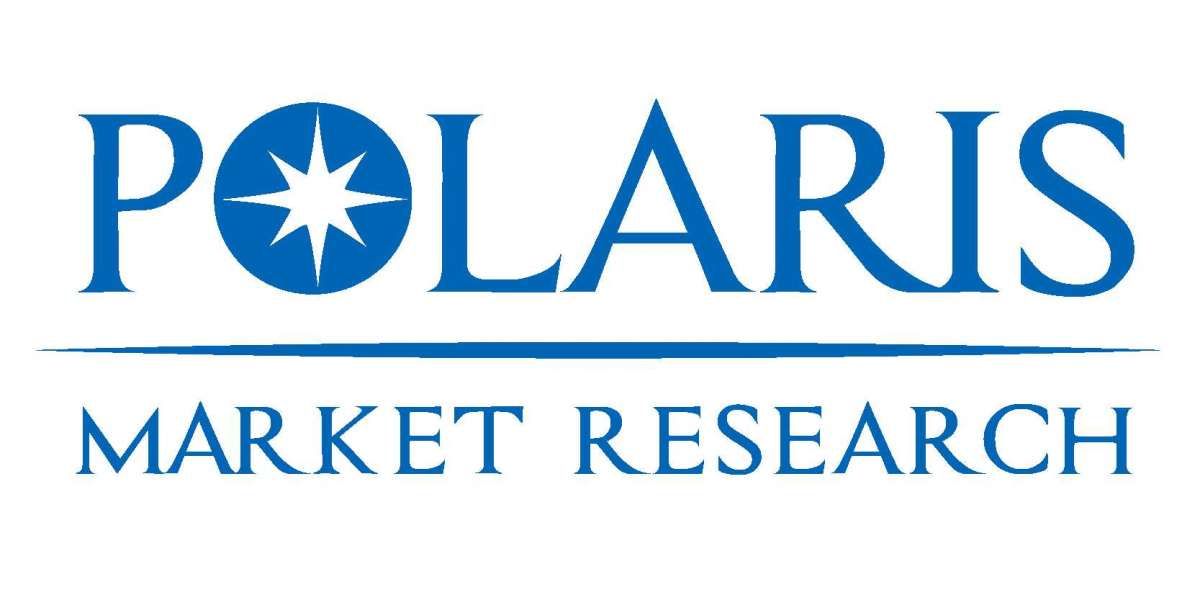The field of cardiovascular drugs is witnessing a period of unprecedented innovation, driven by breakthroughs in targeted therapies, the integration of artificial intelligence, and a renewed focus on personalized medicine and prevention. As cardiovascular diseases (CVDs) remain the leading cause of death globally, these advancements offer new hope for improved patient outcomes and a reduction in the burden of heart-related ailments.
Anti-Obesity Medications: Beyond Weight Loss
Among the most exciting developments are the new generation of anti-obesity medications, particularly GLP-1 receptor agonists like semaglutide and tirzepatide. Initially celebrated for their weight-loss benefits, these drugs are now demonstrating remarkable cardiovascular advantages that extend far beyond simple weight reduction. Clinical trials, such as the SELECT and SUMMIT trials, have shown semaglutide to reduce major adverse cardiovascular events by up to 20% in patients with existing heart conditions and obesity. Tirzepatide has also exhibited impressive effects on heart structure, reducing left ventricular mass and paracardiac fat. These findings suggest direct protective effects on cardiac tissue and metabolic processes, making them transformative agents in cardiovascular health.
Genetic Insights and RNA-Targeted Therapies
The future of cardiology is increasingly leaning towards precision medicine, leveraging genetic insights to tailor treatments. Polygenic risk scores are emerging as tools to assess an individual's likelihood of developing a cardiovascular condition, enabling customized prevention and treatment strategies.
Even more revolutionary are RNA-targeted therapies. These novel approaches aim to treat the underlying biological systems that cause conditions like high cholesterol and hypertension, rather than just managing symptoms. Clinical trials for these "dramatic lipid-lowering" and novel antihypertensive agents are ongoing, with some promising to deliver unprecedented reductions in cholesterol levels and potentially requiring administration as infrequently as twice a year. CRISPR gene editing technology is also showing significant promise, particularly in conditions with a genetic etiology like transthyretin amyloidosis with cardiomyopathy (ATTR-CM), where a single intravenous dose has shown substantial and sustained protein reduction.
AI: Revolutionizing Drug Discovery and Patient Care
Artificial intelligence (AI) is rapidly transforming every stage of cardiovascular drug development and patient management. From identifying novel drug targets with higher accuracy and speed, to predicting drug efficacy and potential side effects, AI-powered systems are streamlining the drug discovery process.
In clinical care, AI is enhancing diagnostic capabilities, interpreting complex medical images, analyzing electrocardiogram (ECG) data with exceptional precision, and facilitating real-time remote cardiac monitoring. The integration of AI with electronic health records is unlocking valuable insights from unstructured data, leading to enhanced clinical decision support and optimized treatment protocols.
Evolving Guidelines and Personalized Approaches
New guidelines, such as the 2024 European Society of Cardiology guidelines for hypertension management, are reflecting the evolving understanding of cardiovascular disease. These guidelines introduce new blood pressure categorizations and emphasize individualized pharmacotherapy, recommending a systolic BP target of 120–129 mmHg for most adults and encouraging upfront two-drug low-dose combinations, preferably as single-pill combinations, for hypertension management. The focus is increasingly on dynamic monitoring of physiological biomarkers and multi-dimensional data analysis to enable precise dose adjustments and tailored treatment plans.
Market Trends and Global Impact
The global cardiovascular drugs market is on a robust growth trajectory, projected to reach USD 214.9 billion by 2034. This growth is fueled by the rising prevalence of CVDs, continuous development of novel drug classes, and advancements in drug delivery systems. While North America currently leads the market, the Asia Pacific region is expected to exhibit the fastest growth due to increasing awareness, rising healthcare expenditure, and expanding research activities. The demand for antihypertensives, lipid-lowering drugs, and anticoagulants remains high, reflecting the ongoing battle against hypertension, coronary artery disease, and stroke.
Pune's Contribution to Cardiovascular Health
Closer to home, Pune continues to be a hub for cardiovascular care and pharmaceutical manufacturing. Local hospitals and medical centers offer advanced diagnostic tools and personalized treatment plans, with a focus on both interventional cardiology and preventive care. Pharmaceutical companies in and around Pune are contributing to the development and manufacturing of various cardiovascular drugs, ranging from statins and antiplatelet agents to newer formulations and injectables, underscoring the city's role in the broader landscape of cardiovascular medicine.
In essence, the landscape of cardiovascular drugs is defined by rapid innovation, a commitment to personalized care, and the transformative power of technology, all working towards a future of better heart health for all.








